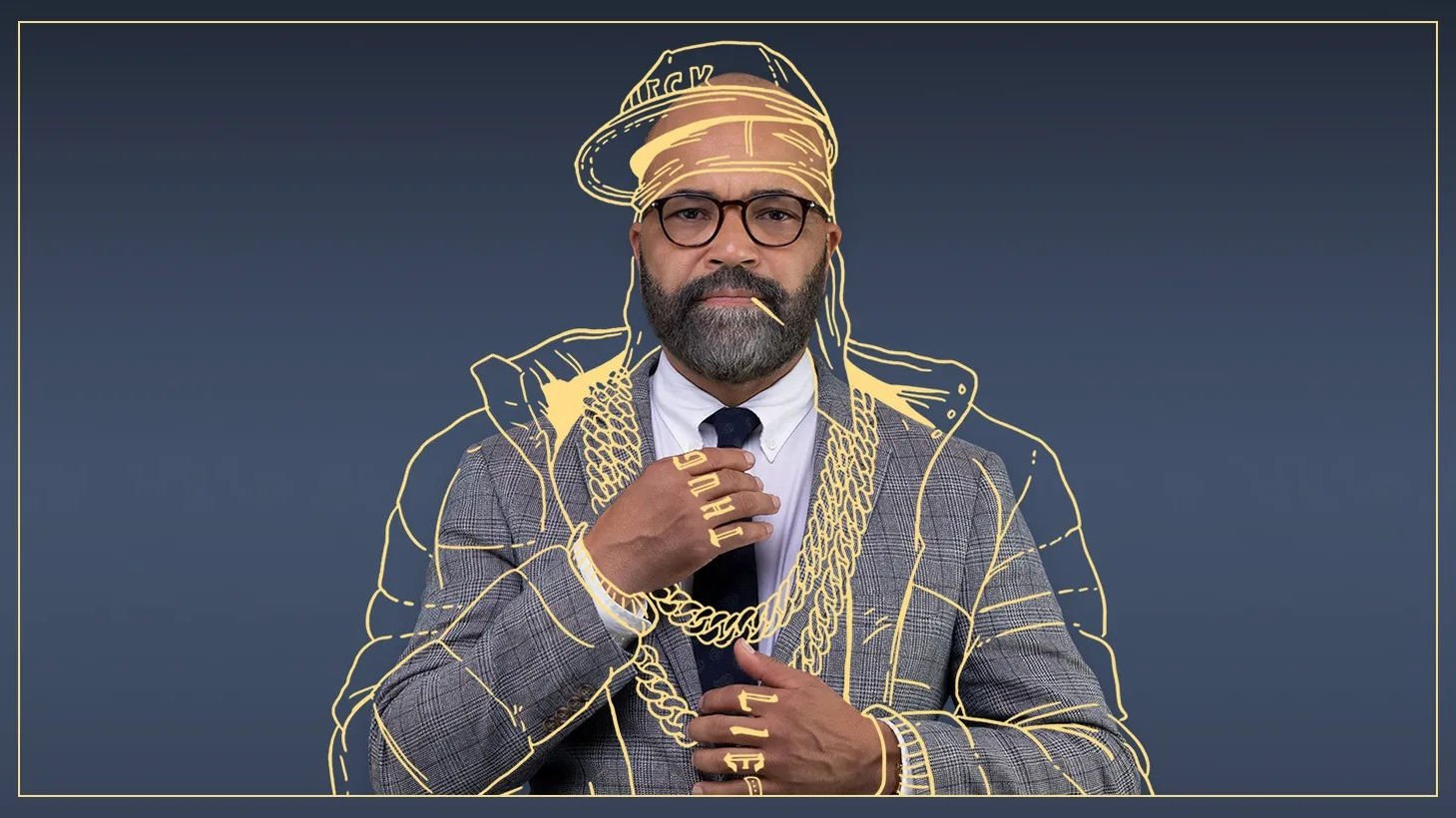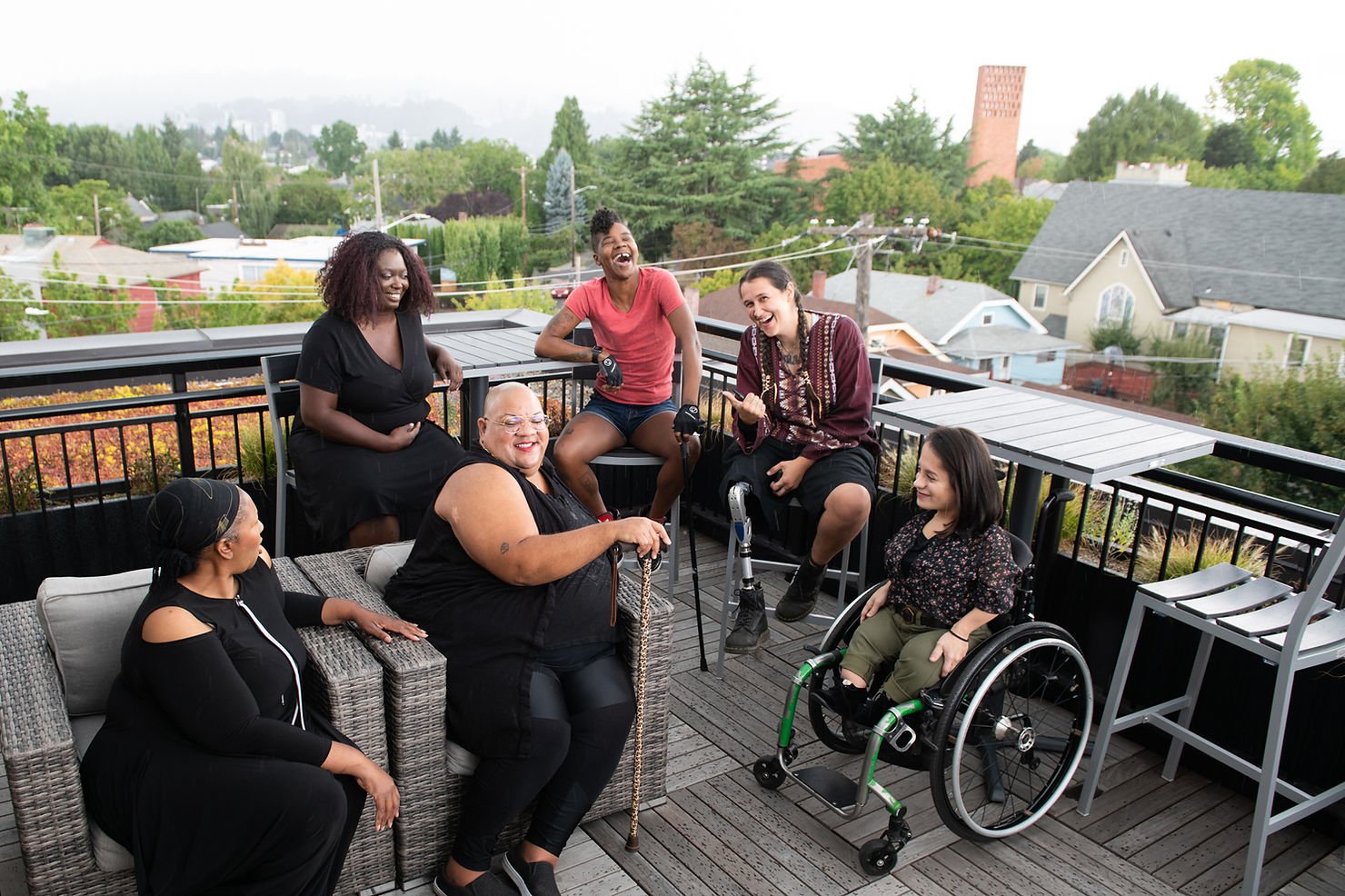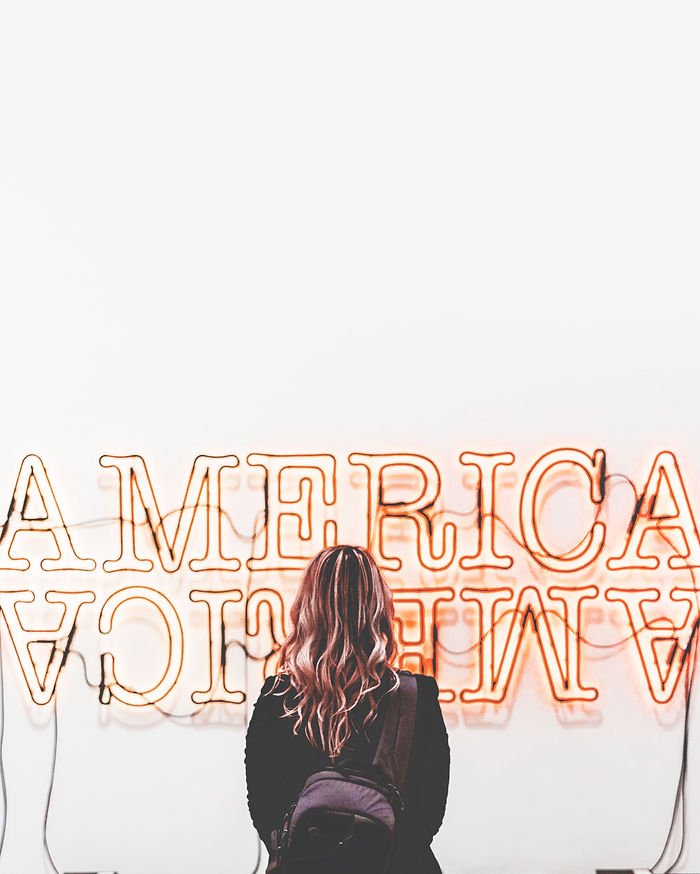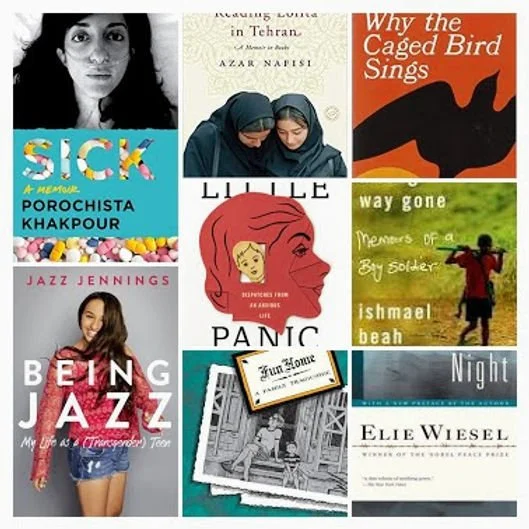Resource Library
D ‘n’ d: The Debate Over Whether to Capitalize the “d” in “deaf
The deaf community is highly diverse it is therefore perhaps not surprising that it can be hard to find consensus about Deaf or deaf!
Autistic Characters Deserve Good Representation
Write the character as a person, not a diagnosis. We’re complicated, interesting, and main characters in our own right.
What Authors and Publishers Can Learn from American Fiction
This isn’t a review of "American Fiction”. Instead, this post helps examine what we as writers and publishers can learn from this film that holds up a mirror to see the choices made when writing and publishing historically marginalized characters.
Writing an Autistic Character But Don’t Know Where to Start?
While their entire personality shouldn’t be dictated by their Autism symptoms, here’s some insight on how to describe an Autistic character.
Should I “Stay in My Lane” as a Writer?
"Should I even write this?" This series of open ended questions can help you determine if you should write that project.
Muslims in the World of Magic
From Jinn to Islamic principles, what to consider if you want to write Muslims in magical worlds.
Writing with Disabilities: What I Wish I’d Known
As a writer with severe arthritis, productivity can be a struggle. These are the things I wish I’d known when I first started writing.
Making the Most Of Your Sensitivity Reader Feedback
Now that you've received feedback from your sensitivity reader, this helpful guide can get from comments to revisions.
Three Black Characters You Want to Avoid
Here are three warning signs you can use to determine if you should “avoid that Black character.”
Belonging and Growing Up Biracial
What does identity mean for biracial characters? Especially when how they look doesn't align with society's expectations.
Disabled Characters: Avoiding the Tragedy or Inspiration Binary
Is your disabled character a fully realized person or simply a prop?
Writing Well-Rounded Nonbinary Characters
There's more to your nonbinary characters than pronouns and coming out stories. Read tips on how to write well-rounded nonbinary characters.
Horror Clichés: Is it Scary or is it Bigotry?
Let’s talk about some common horror cliches, how they are rooted in bigotry, and some tips on how to not perpetuate them.
Writing the Hijab
A hijab is more than just a piece of cloth. Components of religion, culture, and agency must be considered when writing this character.
How to Ethically Kill Marginalized Characters
Here you are, writing the death scene for one of your marginalized characters. Have you considered the impact of this choice?
The Weight of "Dark"
Do me a favor. Open up your manuscript and search for the word "dark." What do you notice? Are you using it literally as a physical descriptor? Figuratively, as a way to describe a mood or tone? Perhaps both? Are you noticing any trends, patterns, or maybe some problems with how you're using the word?
Avoiding Stereotypes - Revisited
One of the best ways to effectively avoid stereotypes is being able to recognize them. Here are four documentaries that will help educate you on racial stereotypes that have been prevalent and pervasive in American media.
Dismantling the White Default
"White as default" is when whiteness is the litmus test for what is considered normal behavior, culture, and appearance. Through media, books, visual media, politics...etc. we are socialized to think it's normal to be white and everyone else is defined by their proximity to whiteness.
Using Memoir to Inform Fiction Writing
One of the best tips I give writers who want to create a character outside of their own identity is, read. Read about the people you want to write about. Read authors who fall into that demographic of your character. Read, read, read.
The Rules of Minimizing Marginalized Identities
If you're wrestling with the question regarding race, sexuality, or any other identity keep these things in mind.
Coming Soon
Diverse Writing Prompt Group
This group is designed for any fiction writer looking to practice writing diversely without stereotypes or tokenism. You don’t have to be a particular identity or write a specific genre in order to join this group.
The prompts are designed to spark creativity and help members practice writing outside their identities with guidance and support from a sensitivity reader. Work is not to be critiqued.
The group meets virtually for 75 minutes, once a week for five weeks. At each meeting members will typically have two twenty minute rounds to write. Each round is followed by an optional opportunity to share.
Cost: $35





















